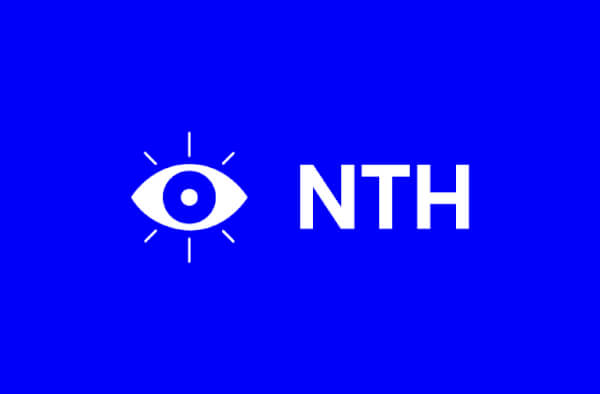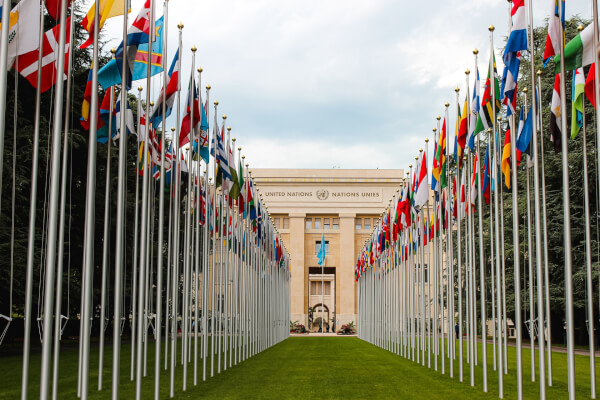Calling for action: The state of transparency around the world
£187 billion! That’s how much people and businesses lost to hidden fees in a single year.

A record number of migrants in Canada in 2022
Last year, Canadians sent an estimated $10.7B CAD in remittance payments to family and friends abroad. Given the record number of new migrants arriving in Canada in 2022 — and the overall trend over the past decade of increasing immigration to the country — this continued rise in cross-border payments flows last year is not unexpected. And we expect it to continue.
Despite increased remittance volume from Canada, the cost of sending these payments remains stubbornly high at an average of 6.5%. Canadians paid half a billion dollars in fees alone when sending money cross-border in 2021. The average remittance costs in Canada had been going down steadily until 2020, but there has since been a serious spike in average costs from 2021 onwards. These costs plateaued in 2022, sitting at an average of 6.5% — more than double the United Nations’ target of remittance payments costing less than 3% on average by 2030. For migrant communities like Filipino-Canadians and Indian-Canadians sending money overseas on a regular basis, these high fees cut into hard-earned wages.
Why is sending money cross-border still so expensive?
The World Bank says one of the most important factors leading to high remittance prices is a lack of transparency in the market. And the problem isn’t just that the fees are high — it’s that Canadians don’t even realize they’re paying them.
When you send money abroad, many providers advertise $0 fees while giving you an inferior exchange rate. It’s estimated that Canadians sending remittances to family and friends lost $687M CAD last year alone.
Even worse, the vast majority of Canadians are in the dark about how much they are overcharged — only 20% of consumers could correctly identify exchange rate markups as part of that cost. This means consumers lose money unwittingly, while also not being able to easily identify where the cheapest service is being provided.
Eliminating remittance ‘junk’ fees will save Canadians millions each year.
It’s estimated $360M CAD could have been saved in 2022 if consumers had access to cheaper and more transparent remittances. In a cost-of-living crisis, this is a significant opportunity to put money back into Canadians’ pockets. It also means more ends up on the other side, supporting families in lower- and middle-income countries who rely on remittances for basic needs such as food and medicine.
Unfortunately, banks and payment providers still inflate the cost of remittances through these hidden fees. It’s about time this practice ended.
Here’s how Canadian policymakers should take action
In its recent 2023 Budget, Minister Chrystia Freeland outlined her plan to follow in the United States’ footsteps and crack down on junk fees.
Focusing on bringing transparency to remittances and international transfers means Canadian policymakers will help consumers understand the total cost of their payment. This will then allow them to better compare and contrast providers and their offerings, bolstering competition in the market while driving down prices overall.
With millions of people around the world reliant on remittance payments, Canada must not allow providers to continue to mislead consumers with hidden exchange rate margins. And with remittances increasing globally by 5% in 2022 alone, ending hidden fees in international payments is more important than ever.
By including remittance fees in its fight against “junk” fees, Canada’s policy leaders can deliver on its promise of affordability for all Canadians, notably those sending remittances.
Join the fight to end hidden fees.
*Please see terms of use and product availability for your region or visit Wise fees and pricing for the most up to date pricing and fee information.
This publication is provided for general information purposes and does not constitute legal, tax or other professional advice from Wise Payments Limited or its subsidiaries and its affiliates, and it is not intended as a substitute for obtaining advice from a financial advisor or any other professional.
We make no representations, warranties or guarantees, whether expressed or implied, that the content in the publication is accurate, complete or up to date.

£187 billion! That’s how much people and businesses lost to hidden fees in a single year.

Wise was founded in 2010 with the belief that international finance should be more fair and transparent. A decade later, the movement for transparency in...

Today, we celebrate the International Day of Family Remittances. Wise was founded by immigrants, built by immigrants, and is used by immigrants. This month in...

New research shows Canadians unknowingly lose $13 billion annually in hidden fees on international payments. Wise is on a mission to bring...